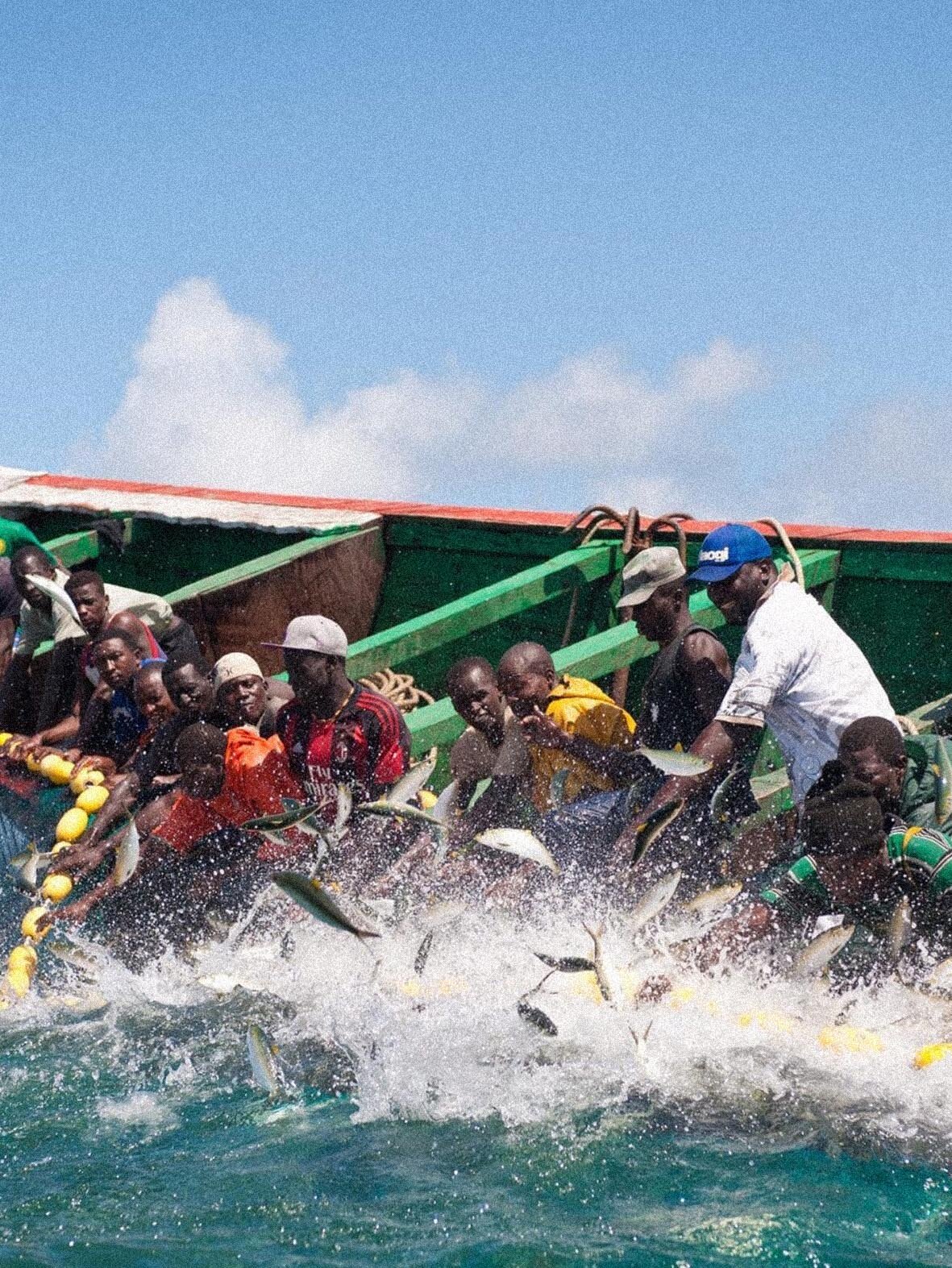Food & Farming: An Introduction
No matter who you are or where you are in the world, food is a daily aspect in all of our lives. From what one person puts on their plate (and what they scrape into the bin), to what another person harvests from the soil, food and farming touch our daily lives, universally. However, how we produce and consume food is the single biggest threat to our natural world.
Agriculture uses 69% of our water, 38% of our land, and has driven 75% of all deforestation. It is the leading cause of species extinction, and is responsible for a third of global greenhouse gas emissions. Beyond the consequences of our agricultural system for the environment, biodiversity, and climate, food and farming is also a matter of human sovereignty, dignity, and justice: from access to land to access to seeds, food and the ability to feed oneself is intricately tied up with matters of globalisation, corporatisation, and systemically strengthened (or compromised) communities. Unfortunately, human exploitation and animal cruelty can be found across the world within our food supply chain… and this is before we’ve even begun to look at the food waste taking place at the other end.
One third of all food produced for human consumption becomes food loss or food waste. Food loss refers to the decrease in quantity or quality of food and is prevalent in low-income countries at the production and post-harvest stages of the food chain. This is due in part to climate changes but also technology, processing, handling and packaging which are incompatible for the harvesting of resilient, healthy crops which actually reach people’s plates. Food waste refers to the discarding of food that is safe and nutritious for human consumption along the entire food supply chain (FAO). Food waste is responsible for 6% of global emissions, three times the global emissions from aviation. This waste is highest in middle- and high-income countries. Meanwhile, 1 in 8 human beings across our planet are suffering from hunger and malnutrition. For too long, world hunger has been framed as an inevitable and eternal problem. On the contrary, it is a perfect example of a problem where the solutions already exist...
Agriculture uses 69% of our water, 38% of our land, and has driven 75% of all deforestation. It is the leading cause of species extinction, and is responsible for a third of global greenhouse gas emissions.
Food, health, our climate and our community resilience are all evidently interconnected. Whilst the problem may therefore seem overwhelming, this means that the solutions are also all connected. Imagine a world where agriculture not only provides nourishing food, but that the process of production connects communities whilst increasing wellbeing and resilience. Imagine a world in which you know where your food came from, and who grew it.
This EcoResolution topic deep dives into the systemic flaws and injustices within our food chain and agricultural systems. And from the soil to the seas, we look at the people, places, and practices which inspire us to rethink our food, to advocate for community agriculture and food sovereignty, and to push for a world where no one is withheld access to nutritious, fulfilling food.





